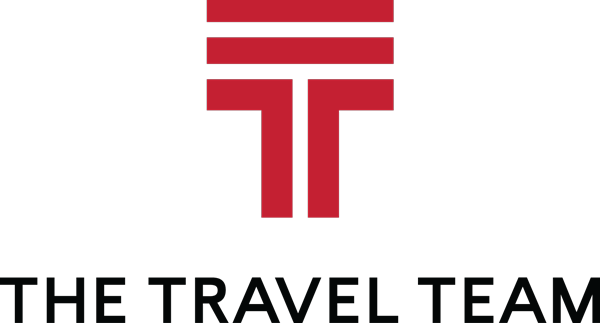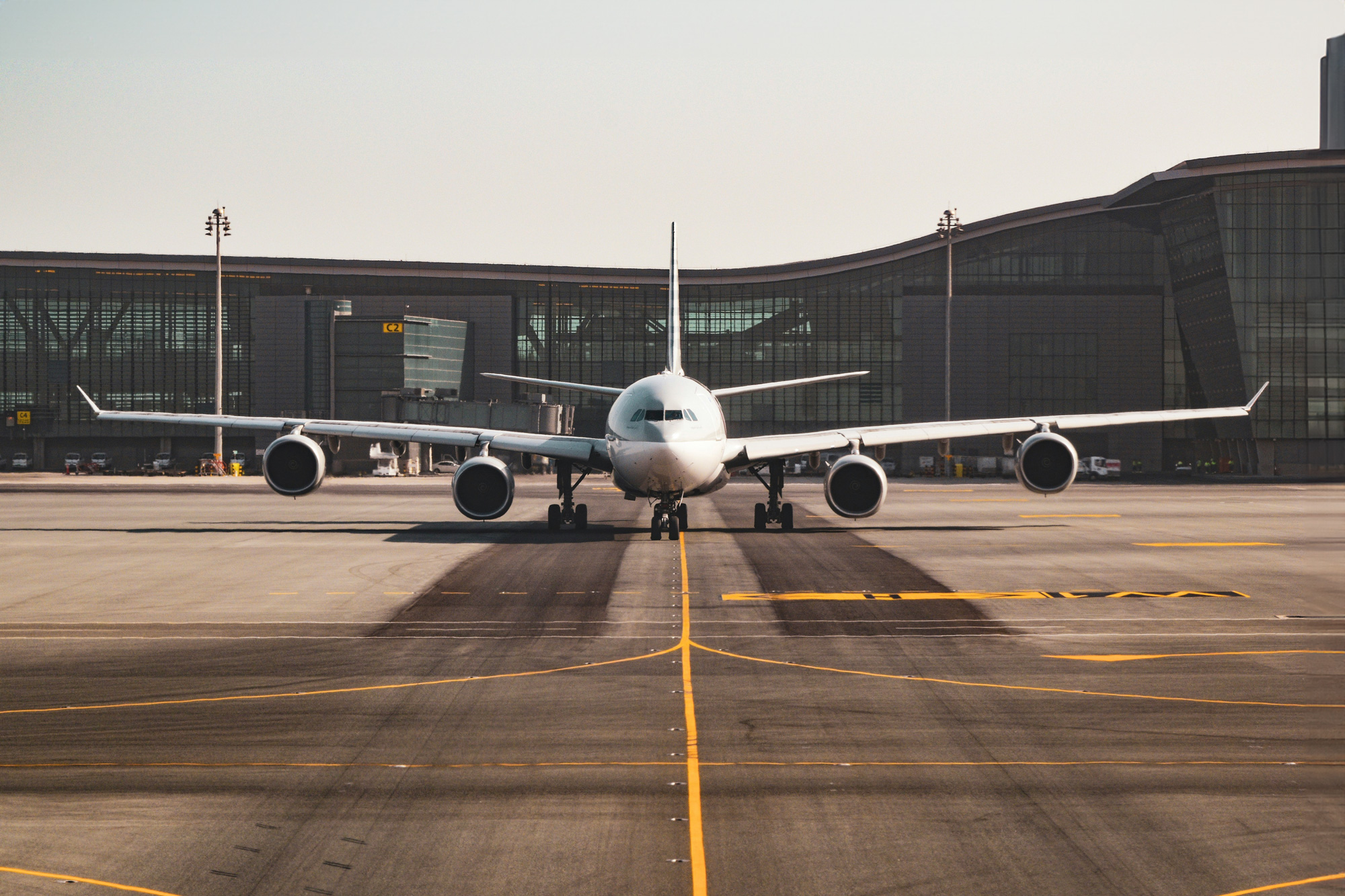The airline industry is experiencing a period of significant transformation, with content distribution and customer retention strategies evolving alongside merger and acquisition activity and fluctuating fare trends. Some positive trends are emerging, particularly in North American markets where both business and economy fares show signs of stabilization. As the year continues, travel managers should keep an eye on these factors.
Global Fare Forecasts
Jet fuel remains a top cost and concern, especially as the prices between crude oil and aviation fuel have continued to increase. Worker shortages have also contributed to rising costs as those employed negotiate for pay and benefits packages. Debt remains heavy among airlines, especially in the wake of elevated interest rates. These factors, coupled with supply chain issues impacting aircraft delivery timelines, are driving up costs around the world.
Despite these considerations, there are regional positive outlooks for international travelers. Fares from North America to Central America and Asia are expected to see a modest decrease. Fares to South America may increase slightly, while business fares increase to Europe and economy fares could decrease.
New Industry-Wide Refund Policy
The Department of Transportation (DOT) recently announced a sweeping policy change regarding airline refunds set to go into full effect toward the end of October. Under these new guidelines, eligible passengers must receive an automatic refund when owed. This policy change also requires airlines to deliver swift notifications to alert passengers affected by canceled or significantly changed flights of their right to a refund for their ticket and baggage or extra service fees if applicable.
Canceled or Significantly Changed Flights
If a passenger’s flight is canceled or significantly changed and they do not accept travel credits or alternative transportation, they will be entitled to a direct refund. Significant flight changes include:
- Departure or arrivals for domestic flights affected more than three hours domestically and six hours internationally
- Departure and arrival deviations to different airports
- Increase in the number of connections
- Passenger downgrades to lower service classes
- Airport deviations result in less accessible or accommodating services for individuals with a disability
Significantly Delayed Baggage Return
Passengers who file a mishandled baggage report will receive a checked bag refund if their luggage is not delivered within 12 hours of a domestic flight arrival or 15-30 hours of an international flight arrival, depending on the length of flight.
Failure to Receive Extra Services
Passengers can receive a fee refund for services they paid for but did not receive from the airline, including:
- Wi-Fi
- Seat selection
- Inflight entertainment
All refunds must be automatic and prompt, meaning refunds must be issued no later than seven business days before becoming due for credit card purchases and 20 calendar days for other payment methods. All refunds must either be provided in full in cash or the original form of payment the passenger purchased the ticket or served in.
Rising Baggage Fees
Increased baggage fees on Alaska Airlines, American, JetBlue and United economy tickets are also impacting travel programs in 2024. Passengers can expect the cost of both first and second checked bags to rise by $5=$10 each for domestic economy flights.
Alaska Airlines
First checked bag $35
Second checked bag $45
American Airlines
First checked bag $35-$40
Second checked bag $45
Delta Air Lines
First checked bag $35
Second checked bag $45
JetBlue Airways
First checked bag $35-$45
Second checked bag $50-$60
Southwest Airlines
Each passenger gets two checked bags for free
United Airlines
First checked bag $35-$40
Second checked bag $45-$50
Rate Negotiations
As mentioned, debt is a large concern for airlines across the industry. To reach positive profit margins, many airlines are reducing discount opportunities in favor of yield and margin management. Some airlines are pivoting their focus away from fostering corporate travel relationships and instead emphasizing frequent traveler programs to encourage brand loyalty at the traveler level. This trend could weaken corporate sourcing efforts in the category.
New Distribution Capability (NDC)
NDC is being implemented or considered across the entire airline industry. While lower prices are currently the primary benefit may incorporate other incentives to encourage the adoption of NDC content, such as leveraging corporate agreements or traveler loyalty programs. Airlines that already have integrated NDC into operations have done so in part to pursue direct relationships with travelers by supporting services and amenities that align with travel programs.
Frequent Traveler Programs
Like other aspects of corporate travel, traveler loyalty programs are seeing changes. These changes are intended to increase access to the traveler through traveler experience benefits such as free wifi. Review the latest announcements to stay up to date on how to earn and retain status.
American Airlines
Delta Air Lines
Southwest Airlines
Expanding TSA® PreCheck Program
Travelers may benefit from TSA’s recent announcement of its PreCheck program, which is now expanding to eight additional airlines.
Air Premia
Air Tahiti Nui
Air Transat
Bahamasair
BermudAir
Iberia
La Compagnie
New Pacific Airlines
The program provides expedited screening for low-risk travelers in more than 200 airports throughout the US and its territories.
Known Traveler Program Fee Increases
The NEXUS program, a joint initiative between US and Canadian border agencies, will increase fees from $50 to $120. Global entry fees through the program will also increase from $100 to $120.
Airline Updates
After antitrust arguments proved unsurmountable, JetBlue and Spirit Airlines called off their planned $3.8 billion merger. The Department of Justice opposed the merger, raising concerns it would reduce competition and negatively impact travelers. Had the merger gone through, it would have created the fifth-largest carrier in the US.
Following the Boeing 737 MAX 9 incident on January 5th and subsequent maintenance-related events, safety concerns have grown across the airline industry. The aircraft manufacturer remains under investigation by the Federal Aviation Administration (FAA), where the agency is reviewing manufacturing and quality assurance processes. During this investigation, the FAA will increase its onsite presence at Boeing’s Renton facility as well as Spirit AeroSystems’ facility in Wichita, Kansas.
American Airlines, the most aggressive adopter of NDC in the US market, recently reversed its position on travelers’ ability to earn AAdvantage points based on how they booked. Moving forward, booking channel will have no effect on loyalty mileage.


